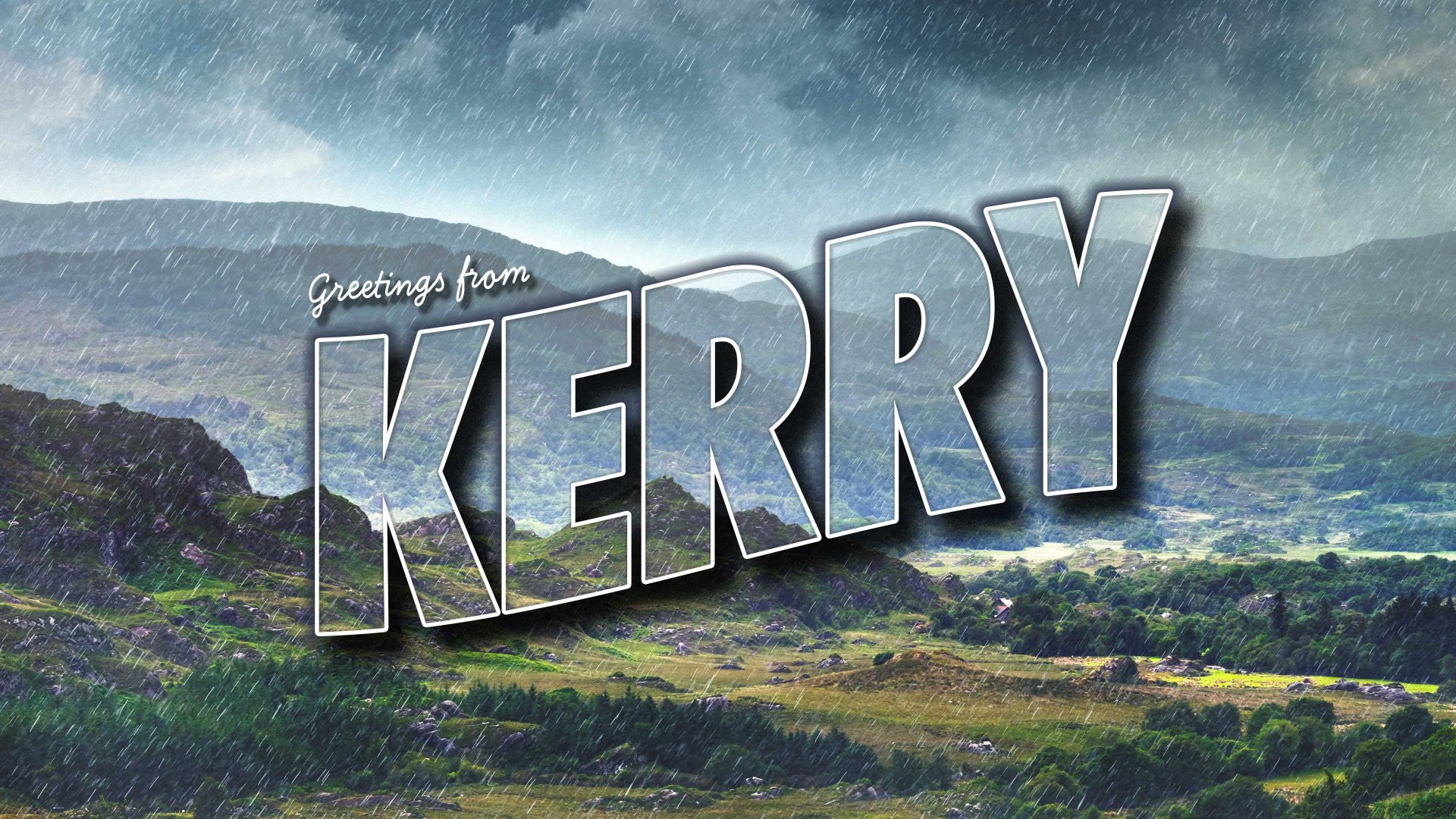The woman who stopped in the exit of flight FR 842, as a waft of agricultural Kerry air slapped her in the face, spoke for all of us: “Thank God! It’s cold!”
A long hour earlier, we had shuffled off the baked tarmac of Luton Airport up the steps into a humid Boeing. The temperature was 33C. It felt like hard work. But at Farranfore, possibly the world’s most charming airport, midway between Tralee and Killarney, 16C felt like holidays.
It is unusual to find people smiling and congratulating themselves on arriving in the grip of a Kerry coolwave. Yet when you leave a frying pan, arriving in the salad compartment of the fridge is a good outcome.
Perhaps, 10 or 20 years ago, my fellow passengers and I would have grimaced against the grey clouds and the “mist” that wetted us as we marched towards the terminal building. We would have rued our clothing choices of summer attire. We would have made hurried searches through our carry-on luggage for jumpers or something waterproof. We might even have questioned our choice of holiday destination.
Today, not so. However briefly, what used to be disappointment upon leaving the aircraft has become liberation. Summer in Kerry is not icumen-in with the unfamiliar and relentless blast of heat it so often does in England now; it is a-sodding off, chased by cool westerly Atlantic breezes.
The BBC ran an online feature this month about how global warming was making people change the way they looked at summer holidays. The UK might bake in the 30s, but the traditional European beach hotspots are fast becoming beach too-hotspots, with temperatures up in the 40s.
To avoid the anvil of Spain, the grill of Greece or general Mediterranean meltdown, the BBC suggested, Brits were turning to the Scandinavian countries. Why? Midge-ridden and massively expensive, especially with the consumption of alcohol taxed into the stratosphere, why on this overheated Earth would anyone want to go there? Especially with Kerry on the doorstep.
You see, the secret of Kerry is that the highest temperature ever recorded in the county was 28.4C and that was in 1997, so not really what you might call a pattern of heating. There have been changes here, but any time Kerry people mention the heat, it is because it is pushing 26C.
One sure sign of change is the arrival of climate refugees. We have neighbours from the eastern coast of the US whose decision to move to Ireland was driven as much by escaping the suffocating muggy heat as the climate of politics.
I brought my family over here in the summer months for 25 years before we actually put down our roots. We kept coming because we all found the beauty, the beaches and the people so alluring. Initially, we used to say that if the weather was much better, it would be unbearably more crowded than a Spanish costa.
Because, of course, as you have been expecting all through this paean to the glorious climate refuge of the west coast of Ireland, there is a downside: Kerry also holds the Irish record for the wettest month recorded, not just for one month of the year but for nine out of the 12. It has also recorded the dampest Irish day and the rainiest Irish year. The sea temperature, even at the end of summer, is what you might call notable.
Thus, over time, my co-vacationers became decreasingly enthusiastic about spending our summer holidays here. Hotter places and European cities became favoured. It was only when our children began to venture out solo that my wife and I took our own independent plunge – more literal a word than it might appear – of finding a Kerry home.
The revelation of living here year-round is that beautiful sunny days are noticeably more common than punitively drizzly ones. It’s just that July and August are as much of a lottery between the two extremes as February or March.
Climate scientists, people who rain on everyone’s parade, tell us temperatures may rise moderately in Kerry in years to come, but there will be more storms and the “mist” will get heavier.
So, should you wish to follow the exodus of the parched to the cool Kingdom, shape your expectations accordingly and pack something rainproof, because things can only get wetter. Heatstroke, however, is definitely not in the outlook.
Ben Fenton is author of To Be Fair: The Ultimate Guide to Fairness in the 21st Century



